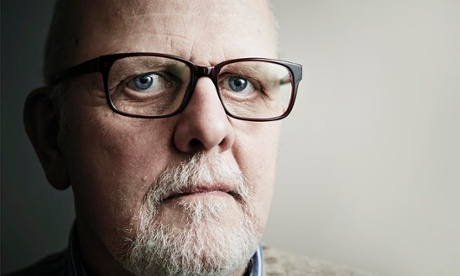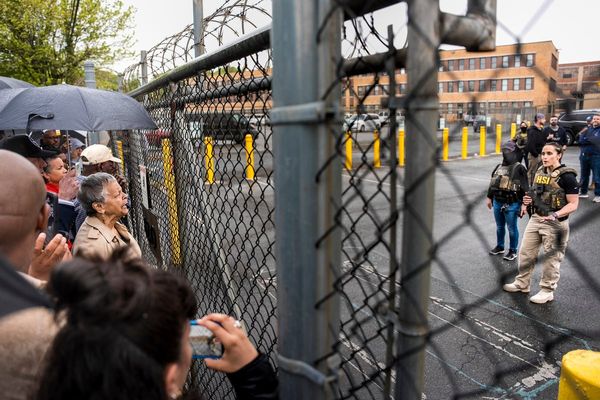
The story of Thomas Quick is a treasure chest for any documentary film-maker. The combination of unspeakably grisly murders, a blank, sociopathic killer and a shocking third act plot twist gives it the feel of a page-turning bestseller adapted into a juicy Hollywood thriller. Taken like this, The Confessions of Thomas Quick is a diverting piece of true-crime storytelling.
Thomas Quick is a Swedish man, born as Sture Bergwall, who confessed to over 30 murders in the 1990s. Born into a family where brutality was the norm, he suffered a troublesome puberty, struggling with his homosexuality and increasing dependence on a variety of mind-altering drugs. After stabbing a man he picked up at a bar and robbing a local bank manager, he was sent to a psychiatric hospital.
When surrounded by professionals, eager to aid his recovery, he then decided it was time to come clean. Quick started confessing to a series of murders, starting with the rape and strangulation of an 11-year-old boy, a crime that had been unsolved for years. It was the beginning of a series of confessions that covered a wide variety of victims, killed in an increasingly sadistic yet ever-changing manner. Quick became Sweden’s most notorious serial killer, but there was something else at play that eventually changed everything.
Gaining access to Quick himself, who details the murders in cold matter-of-fact detail, gives director Brian Hill’s documentary an undeniably chilling edge. Structurally, it is similar to 2012’s The Imposter, with a first-hand account of the tale combined with reconstructed events and an overwrought score aiming to give the film the feeling of a fictional drama.
But ultimately, it feels as if the film is trapped between the two mediums. It’s not stylish or cinematic enough to work as a crime thriller and it doesn’t dig quite deep enough to work as a comprehensive documentary. Without spoiling the big reveal, the brisk running time leaves us with unanswered questions and a one-sided explanation. I was also eager for more from Quick himself, who ultimately becomes a secondary character, which given the title, is a criminal act in itself.







